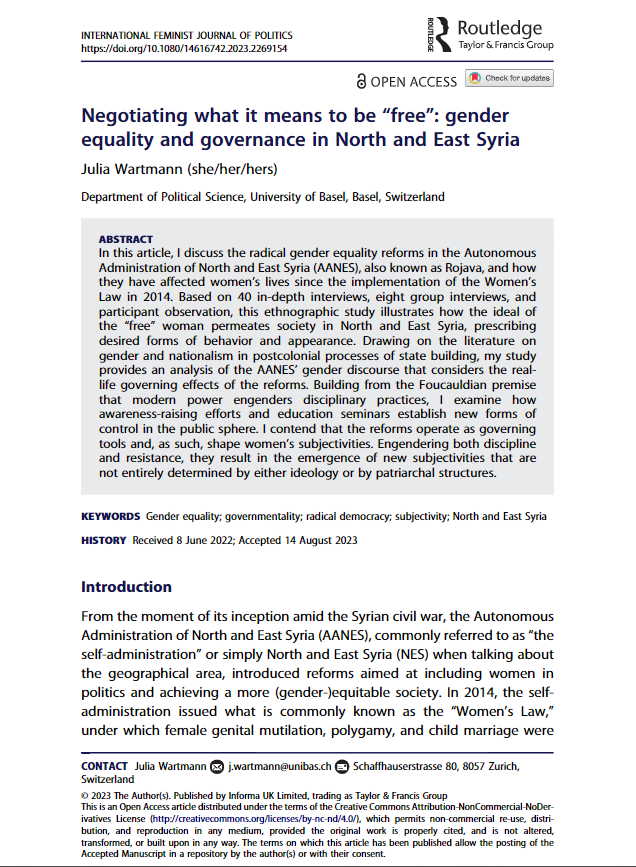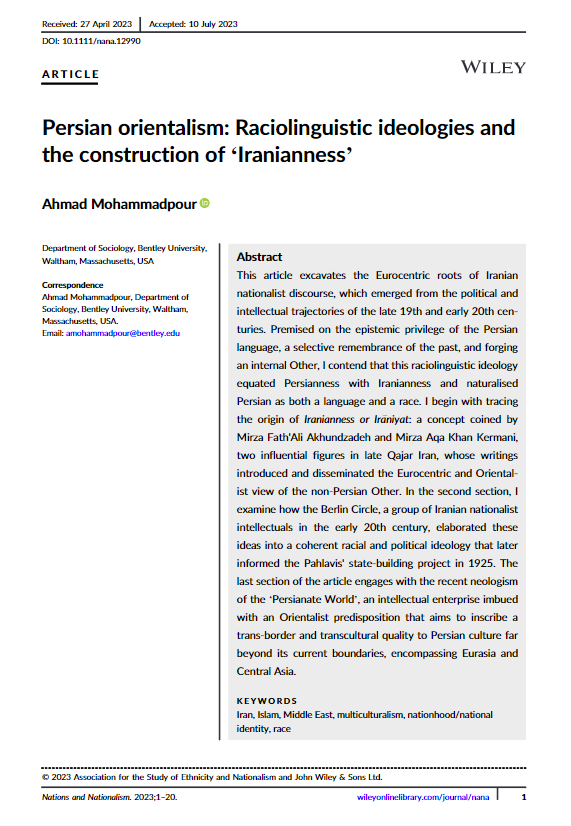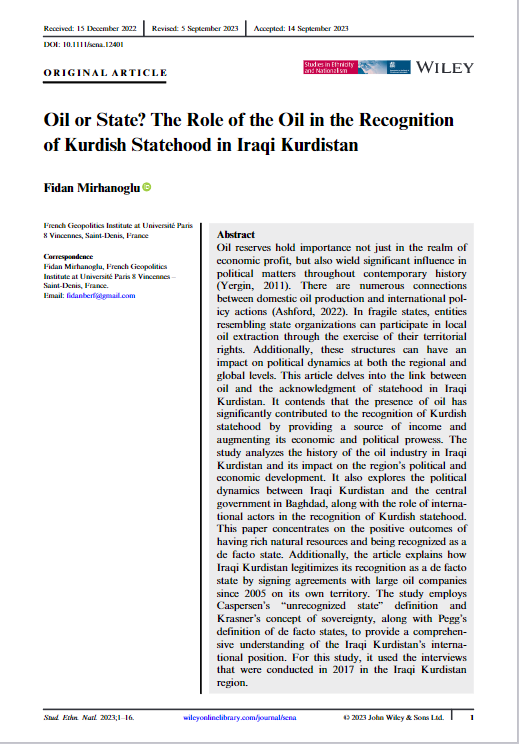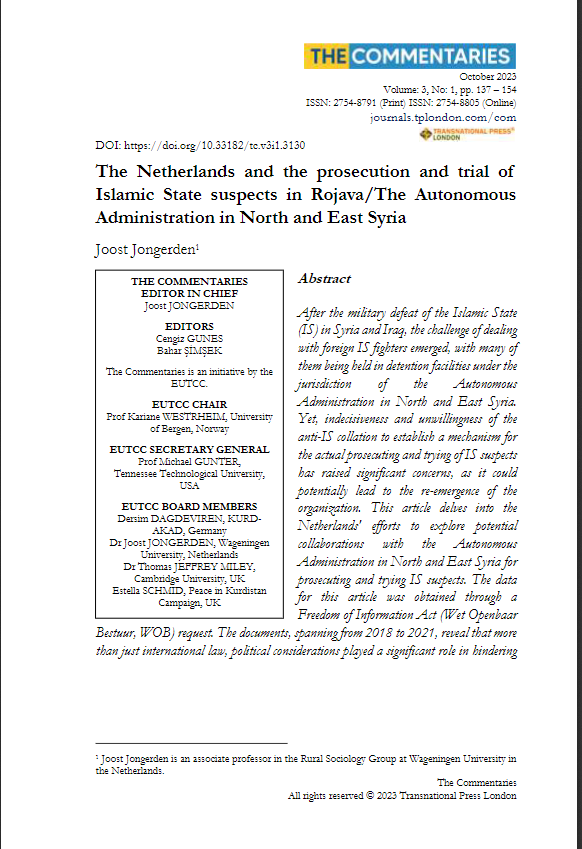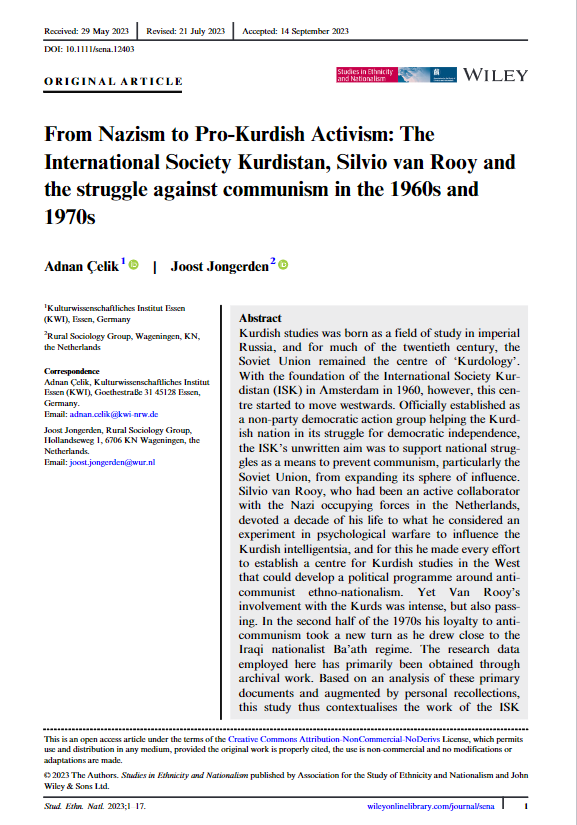This article excavates the Eurocentric roots of Iranian nationalist discourse, which emerged from the political and intellectual trajectories of the late 19th and early 20th centuries. Premised on the epistemic privilege of the Persian language, a selective remembrance of the past, and forging an internal Other, I contend that this raciolinguistic ideology equated Persianness with Iranianness and naturalised Persian as both a language and a race. I begin with tracing the origin of Iranianness or Irāniyat: a concept coined by Mirza Fath’Ali Akhundzadeh and Mirza Aqa Khan Kermani, two influential figures in late Qajar Iran, whose writings introduced and disseminated the Eurocentric and Orientalist view of the non-Persian Other. In the second section, I examine how the Berlin Circle, a group of Iranian nationalist intellectuals in the early 20th century, elaborated these ideas into a coherent racial and political ideology that later informed the Pahlavis’ state-building project in 1925. The last section of the article engages with the recent neologism of the ‘Persianate World’, an intellectual enterprise imbued with an Orientalist predisposition that aims to inscribe a trans-border and transcultural quality to Persian culture far beyond its current boundaries, encompassing Eurasia and Central Asia.
